According to studies done in the last decade, about 25% of all lives lost in developed countries are from heart attacks. This makes cardiovascular problems the number one condition that kills people. The worst thing is that many people don't have genetic predispositions to this problems - in fact, thousands of lives can be saved every year if people took proactive steps towards protecting their cardiovascular health. This article is going to look at the various symptoms that happen before heart attacks, and how to protect yourself.
One of the first symptoms most doctors talk about as a precursor to a heart attack is feeling like you are having the flu or the common cold. This is especially true if the symptoms come and go over a longer period of time - usually over 3 to 6 months.

Most types of cardiovascular complications are going to give you a warning sign - in many cases one of the first signs is feeling uneasy, or a type of strange tightness in your chest area. Apart from heart attacks, this can also be a symptom of arrhythmia.
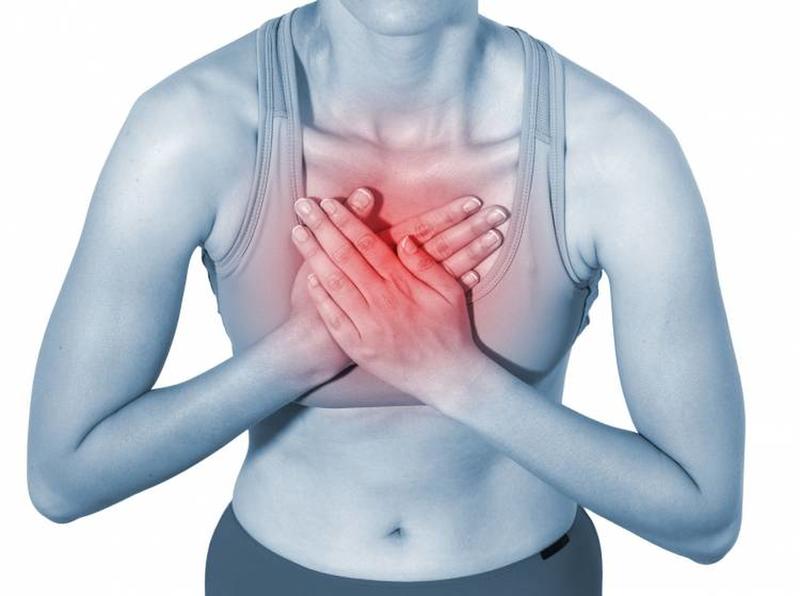
This symptom is correlated with the previous one, about feeling uneasy in the chest area. The reason difficulties breathing can happen before a heart attack, is that when the heart starts to function less efficiently, that can decrease the blood flow to the lungs.
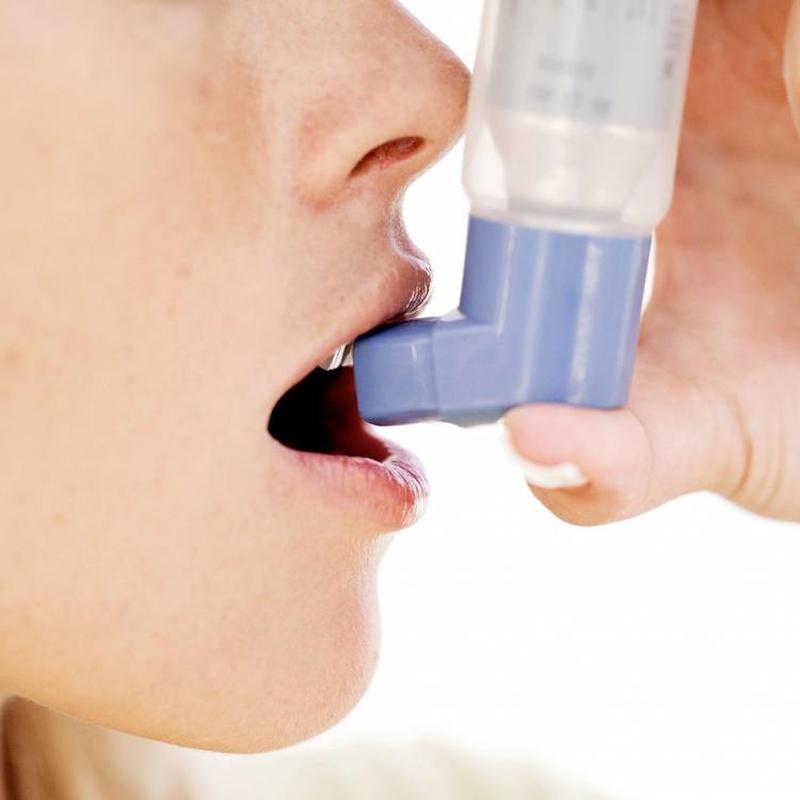
Another symptom that a lot of people feel before a heart attack, is feeling a lack of energy or overall lethargy. This happens because of decreased blood flow to your muscles, joints and other organs, making them work less efficiently.

This symptom is similar to the one about feeling tired all the time because it also arises because of the reduced blood flow to the muscles and joints in your body. If these aches persist for months, you should definitely talk with your doctor.

If your heart is not working as good as it should be, you are going to have larger variations in your blood pressure, which can, in turn, make you often feel dizzy and even have cold sweats. This is especially true if the cold sweats happen when you are not exercising.

Xanthelasma is a sharply demarked and yellow-colored deposit of cholesterol (a type of fat) that piles up underneath the skin - in most cases, this happens on or around a person's eyelids. In some cases, they may appear sometime before a heart attack.
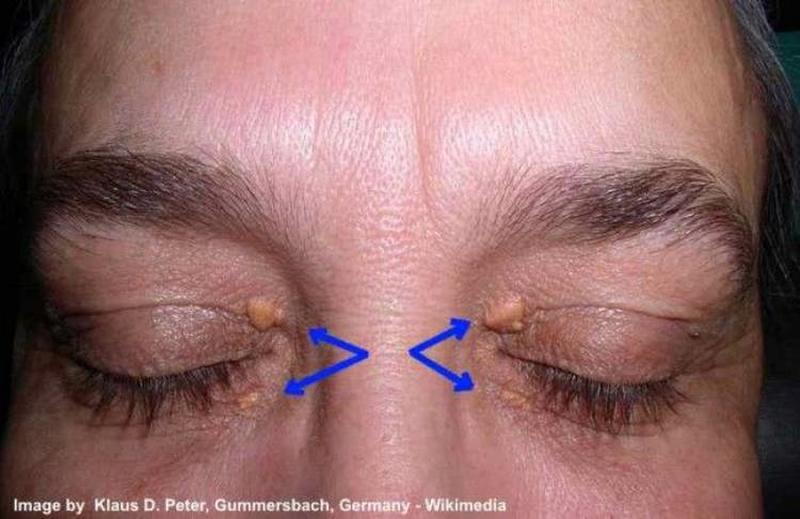
The feeling of pain doesn't have to end in your chest area or joints. If you are having potential heart problems, you may also feel pain in your arms (either both or a single one at the same time), back, neck and even lower part of the jaw.
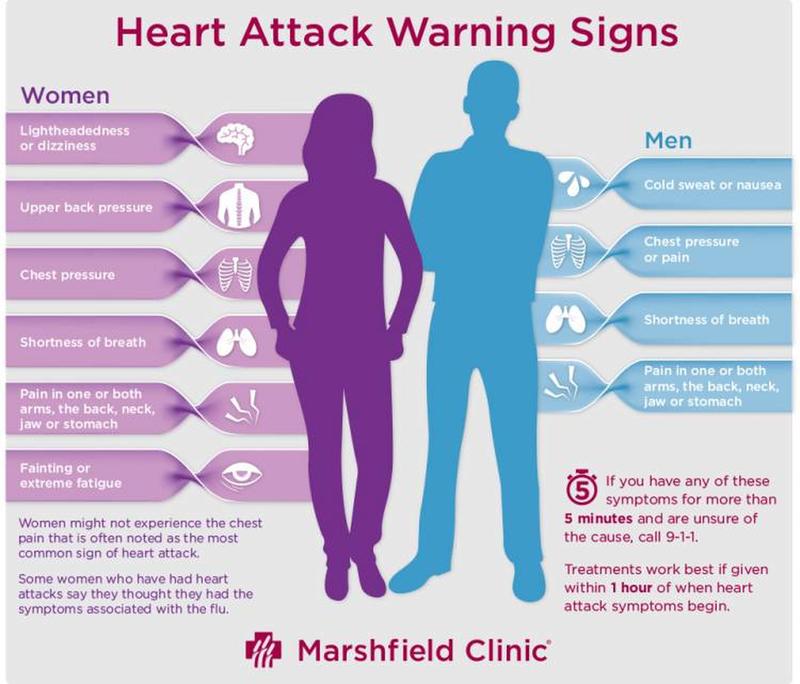
While most of the symptoms listed until now are pretty much equal for both men and women, it should be noted that some symptoms are more bound to occur in the male population, while others in the female population. That is why it is important to know all of the possible symptom combinations.
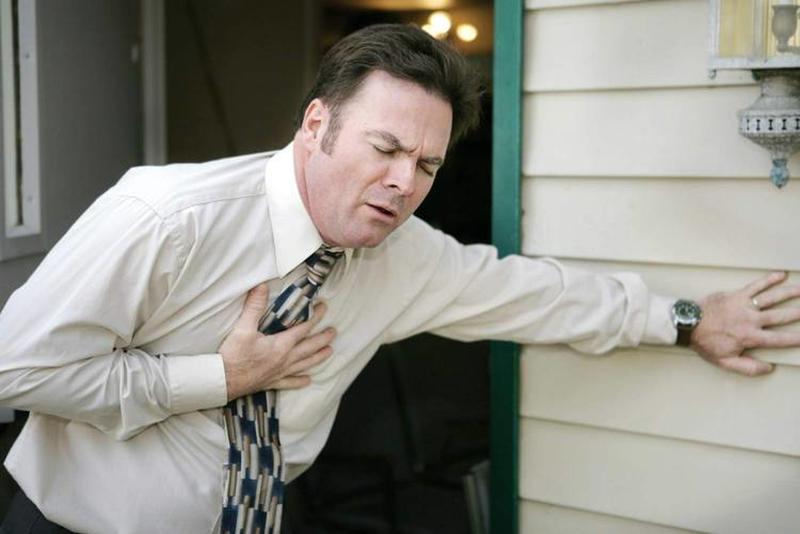
Many people confuse the terms cardiac arrest and heart attacks. The truth, these are two very different terms. A heart attack happens when there is damage to the heart muscle due to reduced blood flow, while a cardiac arrest is when the heart stops beating and death becomes imminent.
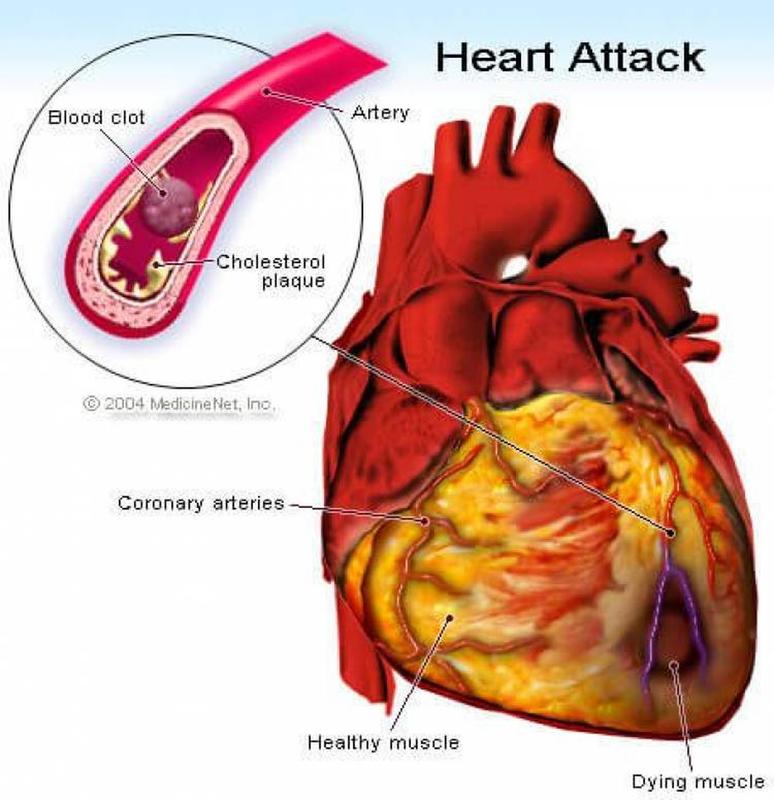
One of the worst types of heart attacks it the so-called "silent heart attack." This means that the heart attack can come and go without any pain, making the patient completely unaware of the danger he is in. This is more commonly felt in people with diabetes.
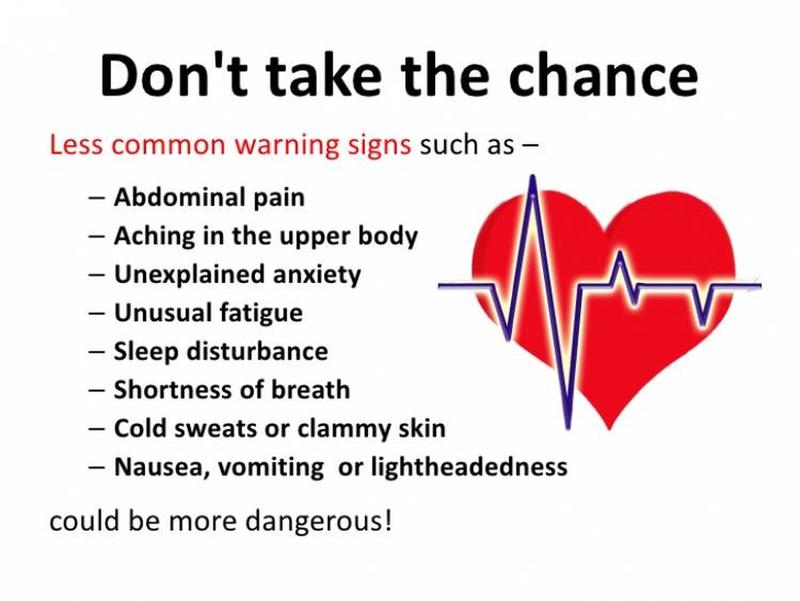
Due to how similar symptoms of heart attacks and anxiety, indigestion, and fatigue are, some people misdiagnose their early heart attack symptoms for them. That is why it is important to see the doctor if you are feeling the symptoms listed on this page, and not try to diagnose yourself.
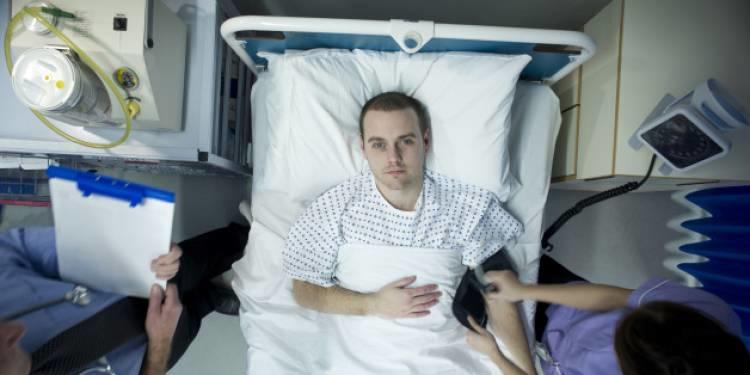
Another common early symptom of a heart attack is feeling full all the time, even if you haven't eaten anything for hours. This symptom can be even worse if it is preceded by a lack of appetite that lasts for several days or more.
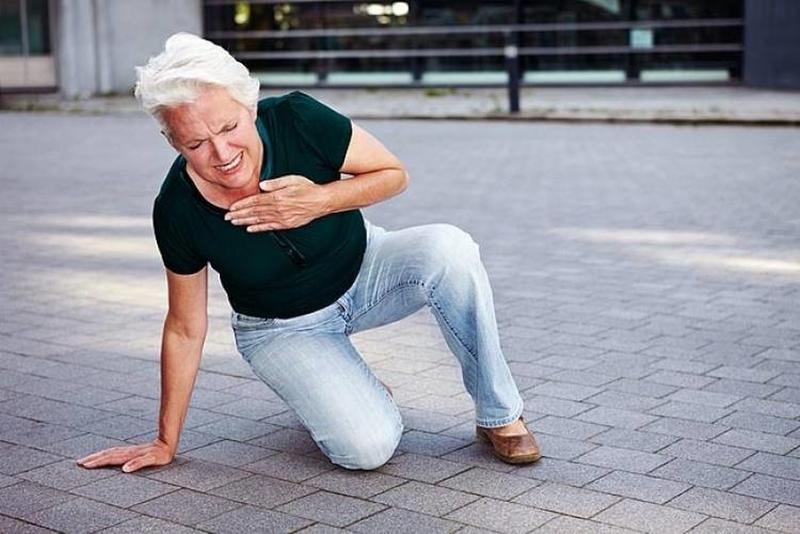
Nausea or feeling sick in your stomach is a slightly less common but still a possible symptom of heart attack. In some cases, belching and burping can happen before the feeling of nausea, and some people have even described this symptom as feeling indigestion for prolonged periods of time.

This symptom can happen slightly later than the others, but it is still worth knowing as it can manifest in some people as an early symptom of heart attack. If your vomiting happens on a frequent basis, with no difference to the food you are eating, that can be a warning sign.
